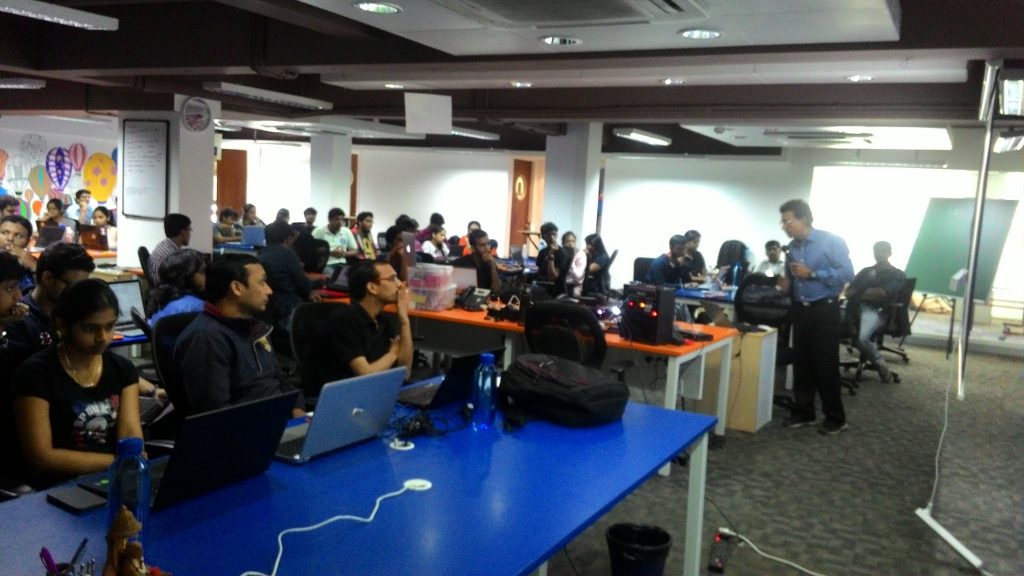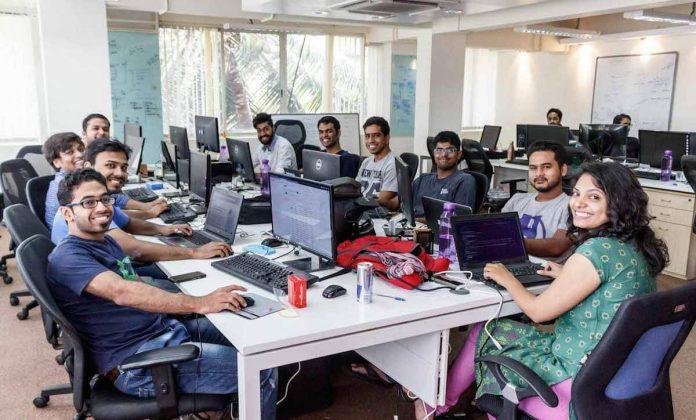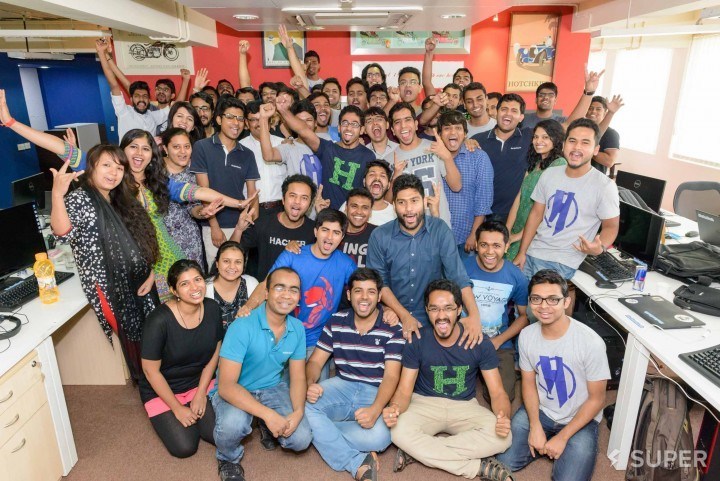Black and Brown people have an unconscionable number of barriers between them and high paying jobs. In past articles, I’ve talked about many of the hurdles people of color face just to attain the skills and education necessary for a good job. And major studies have shown that, even with the required skills, terrible biases exist in recruitment and selection processes.

Discrimination against job seekers from minority ethnic backgrounds has a devastating and disheartening effect on the applicants’ self-worth. It also affects the ultimate compensation for which they’re willing to ask.
There’s bias in resume screening, where people’s names, past institutional associations, and countries of origin have a negative impact. There are also prejudices at work during interviews that manifest in the number of callbacks Black people get compared to whites. There can even be dog whistles in job descriptions that have a discouraging effect on those who apply. The simple requirement of having a “four-year degree” can shut out competent applicants simply because of their economic history.
Diversity Has Real Economic Benefits

Discrimination has financial implications as well as social ones. Many studies, such as this one from McKinsey, show that ethnic diversity in the workplace has a measurably positive impact on that company’s financial returns. Other studies show that diverse teams are more creative, diligent, innovative, and hard-working. While these findings speak to the proven economic advantages of diversity, deeply-rooted discrimination in our culture undermines these benefits and those who seek them.
Skills Over Bias
To address the above issues, many modern companies are moving to a more skills-based approach to hiring. Technology companies like Google, Facebook, and Amazon are shifting their focus to objectively assessed and tested skills instead of the nebulous “seal-of-approval” provided by traditional academic institutions.

Other global factors, such as the coronavirus, have also accelerated the way we acquire skills. Remote learning is on the rise, with Edtech companies like Coursera, Udemy, and Udacity offering thousands of online technology courses at a fraction of the cost of attending a college or university. Anyone with a laptop can attend and achieve a certificate for their efforts. One of the pandemic’s silver linings is that remote learning has taken a front seat in education choices and creates new opportunities outside of traditional academia.
Organizations, such as NapaLearns, which I am (full disclosure) a proud board member – are subsidizing these certificate programs for their communities by making online training virtually free.
HackerEarth Objectively Assesses Skills
The disconnect between resumes, job applications, and the employers who read them is the “stretching of the truth.” People lie on and embellish their resumes all the time. The traditional way to uncover these fabrications is through the interview process, but we know from the data that interviews carry unconscious (and, sometimes, conscious) prejudice. But what if there were a way to remove some of this bias from the equation?

Companies like HackerEarth remove many of the application process’s bias by objectively assessing engineering skills through color-blind online testing. It shouldn’t matter where and how you acquire the knowledge you need to do a job if you can demonstrate mastery. Solutions like HackerEarth bring us one step closer to this reality.
When I recently interviewed Sachin Gupta, CEO of HackerEarth, he spoke about how traditional signals of competency, like academic degrees, still carry a lot of weight in the recruitment process.
“There is a stigma attached to not attending an Ivy-League school,” he says. “Particularly, kids from underprivileged backgrounds struggle to stand out. It’s unfortunate, but that’s the nature of the business today. People still give a lot of weight to your school and your background.” Gupta went on to say, “As long as I, as an individual, can prove that these are the skills that I have, and those skill sets are needed for the job, then that information should suffice.”

HackerEarth provides an entire ecosystem around helping everybody – regardless of background – receive the credentials they need to prove mastery. But the assessments are only the first step. HackerEarth also offers a rich community for finding others, code practice programs for brushing up on new techniques, and events like organized hackathons for a fun and entertaining way to show off skills.
The Tide is Turning
Objective skills assessment, as companies like HackerEarth provide, is the glue that connects diverse people with the careers they deserve, regardless of history. It’s clear that companies need people with technology skillsets to move their organizations forward, and the data proves that diversity provides a quantifiable financial benefit.
The awful truth is that chief among the barriers to diversity hiring is an ingrained cultural bias against people of color. Assuming that we need to move forward without the possibility of color-blind recruiters, the combination of affordable certificate programs and skills assessment is one step closer to a level playing field.

At Kury.us, Dave's deep background in technology, data, and software intersects with his passion for improving the lives of children at risk. As an innovator and serial entrepreneur, he brings a fresh perspective to many of education's most pressing issues. He is currently on the board of NapaLearns, a non-profit leader in innovation and education. Also, his many roles have included technology consultant and CTO in the for-profit education arena. Dave finds solutions that close the resource and education gap for children at risk.






